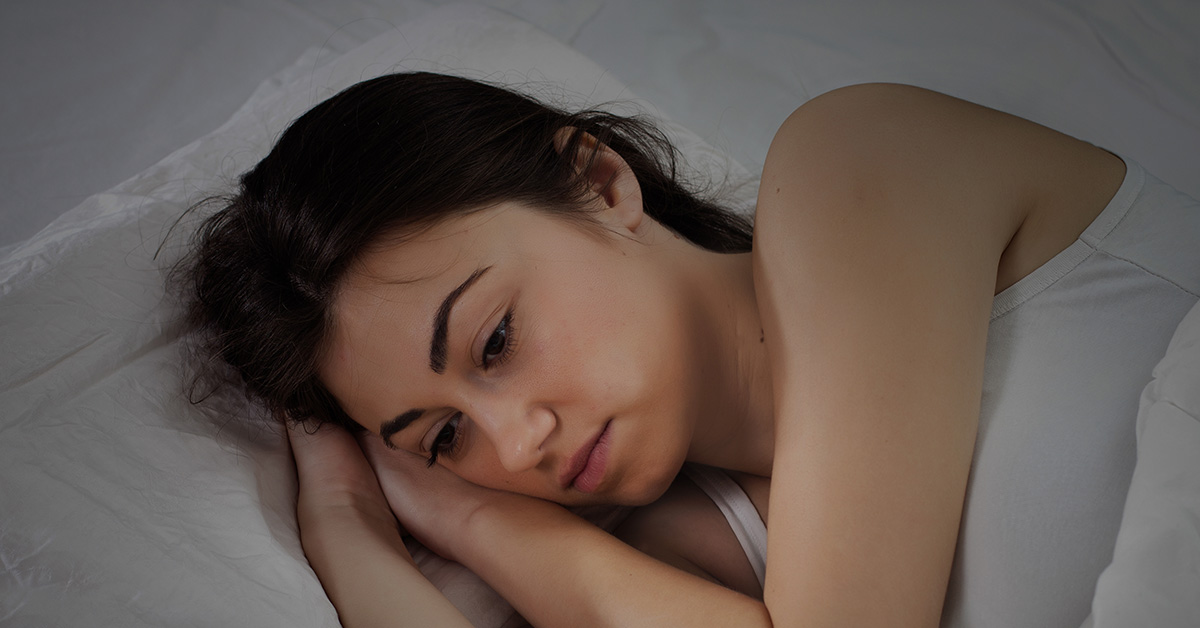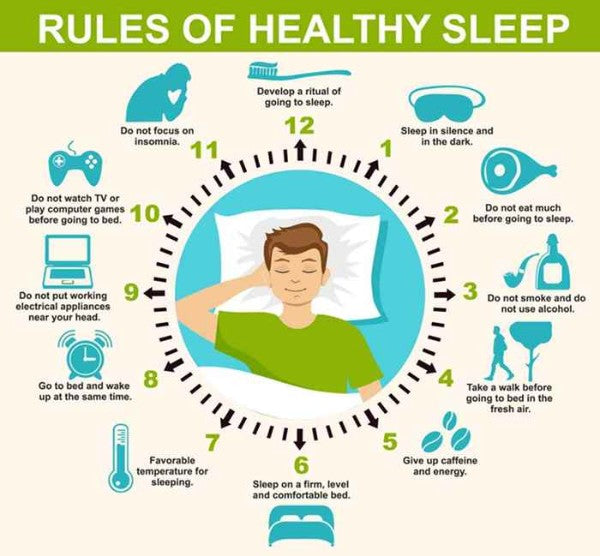The Importance of Sleep for Mental Health
Posted on April 25, 2025 by 5KN Health Team
What You’ll Learn
Struggling with stress, low mood, or mental fog? Quality sleep is a game-changer for your mental health. This guide offers science-backed insights and practical steps to improve your sleep, enhance emotional well-being, and boost cognitive clarity. Join thousands transforming their lives through better rest.

Why Sleep Matters
Sleep is critical for brain function, mood regulation, and stress resilience. The National Institutes of Health recommends 7–9 hours nightly, yet many fall short, risking anxiety, depression, and cognitive decline. During sleep, your brain processes emotions, clears toxins, and balances neurotransmitters like serotonin.
The Science Behind It
Sleep cycles (REM and non-REM) support mental health. REM sleep aids emotional processing, while deep non-REM sleep repairs neural connections. A 2019 study in Nature Communications found that sleep deprivation impairs the prefrontal cortex, reducing decision-making and increasing stress.
Key Benefits of Better Sleep
Improving sleep transforms mental well-being. Here’s how:
1. Mood Stability
Sleep balances mood-regulating neurotransmitters. A 2020 study in Sleep showed that one night of poor sleep raises anxiety by 30%, while 7–9 hours stabilizes emotions.
- Reduces irritability and mood swings.
- Lowers depression and anxiety risk.
- Boosts emotional resilience.
2. Stress Relief
Sleep regulates cortisol, the stress hormone. A 2018 study in Psychoneuroendocrinology found that 7–8 hours of sleep cuts cortisol by 20%, enhancing stress coping.
- Lowers stress and anxiety.
- Eases physical stress symptoms (e.g., headaches).
- Improves challenge-handling ability.

3. Cognitive Clarity
Sleep strengthens memory and focus. A 2021 study in Journal of Neuroscience found that sleep deprivation impairs working memory by 15%.
- Enhances concentration and productivity.
- Improves learning and memory.
- Reduces mental fog.
4. Emotional Resilience
REM sleep processes emotions, reducing their intensity. A 2017 study in Scientific Reports showed that sleep improves emotional regulation.
- Prevents overreactions to stress.
- Enhances empathy and social skills.
- Builds mental toughness.
5. Mental Health Support
Chronic sleep issues raise depression risk by 40%, per the Mayo Clinic. Quality sleep mitigates symptoms and supports recovery.
- Reduces anxiety and depression symptoms.
- Enhances therapy effectiveness.
- Prevents mental health decline.
Watch: Sleep and Mental Health Explained
How to Get Started: Practical Sleep Tips
Ready to improve your sleep? Try these actionable strategies:
1. Set a Sleep Schedule
Go to bed and wake up at the same time daily to reinforce your circadian rhythm.
2. Build a Bedtime Routine
Relax with activities like reading or stretching. Meditation can help, as explored in our mindfulness meditation article.
3. Optimize Your Bedroom
- Darkness: Use blackout curtains.
- Quiet: Try earplugs or white noise.
- Cool: Keep at 60–67°F (15–20°C).
- Comfort: Choose a supportive mattress.
4. Limit Screens
Avoid devices 1–2 hours before bed to protect melatonin production.
5. Eat Sleep-Friendly Foods
Skip caffeine and heavy meals; choose almonds or bananas for better rest.

Your 7-Day Sleep Plan
Follow this plan to build healthy sleep habits:
| Day | Bedtime | Wake Time | Pre-Bed Routine |
|---|---|---|---|
| Monday | 10:00 PM | 6:00 AM | Read for 20 min, stretch |
| Tuesday | 10:00 PM | 6:00 AM | Meditate for 10 min |
| Wednesday | 10:00 PM | 6:00 AM | Journal emotions |
| Thursday | 10:00 PM | 6:00 AM | Listen to calming music |
| Friday | 10:00 PM | 6:00 AM | Take a warm bath |
| Saturday | 10:00 PM | 6:00 AM | Read for 20 min |
| Sunday | 10:00 PM | 6:00 AM | Meditate for 10 min |
Overcoming Sleep Challenges
- Insomnia: Try CBT-I or see a specialist.
- Racing Thoughts: Journal worries before bed.
- Waking Tired: Ensure 7–9 hours; check for sleep apnea.
- Irregular Schedule: Shift bedtime by 15 minutes daily.
- Noise: Use white noise or earplugs.
Complementary Wellness Practices
- Exercise: Walking boosts sleep quality.
- Nutrition: A balanced diet supports recovery.
- Hydration: Proper water intake aids health.
- Mindfulness: Meditation reduces bedtime anxiety.
Who Should Prioritize Sleep?
Sleep benefits everyone, but special considerations apply:
- Mental Health Conditions: Consult a doctor for depression or anxiety.
- Pregnancy: Extra sleep may be needed.
- Elderly: Maintain consistent sleep patterns.
- Shift Workers: Use blackout curtains for daytime rest.
Sleep Myths Debunked
- Myth: Everyone needs 8 hours. Needs vary; aim for 7–9.
- Myth: Catch up on weekends. Oversleeping disrupts rhythms.
- Myth: Alcohol aids sleep. It harms REM sleep quality.
Join the Sleep Revolution!
Transform your mental health with better sleep. Start tonight with our 7-day plan and unlock a happier, healthier you. Explore more health tips to elevate your wellness journey.